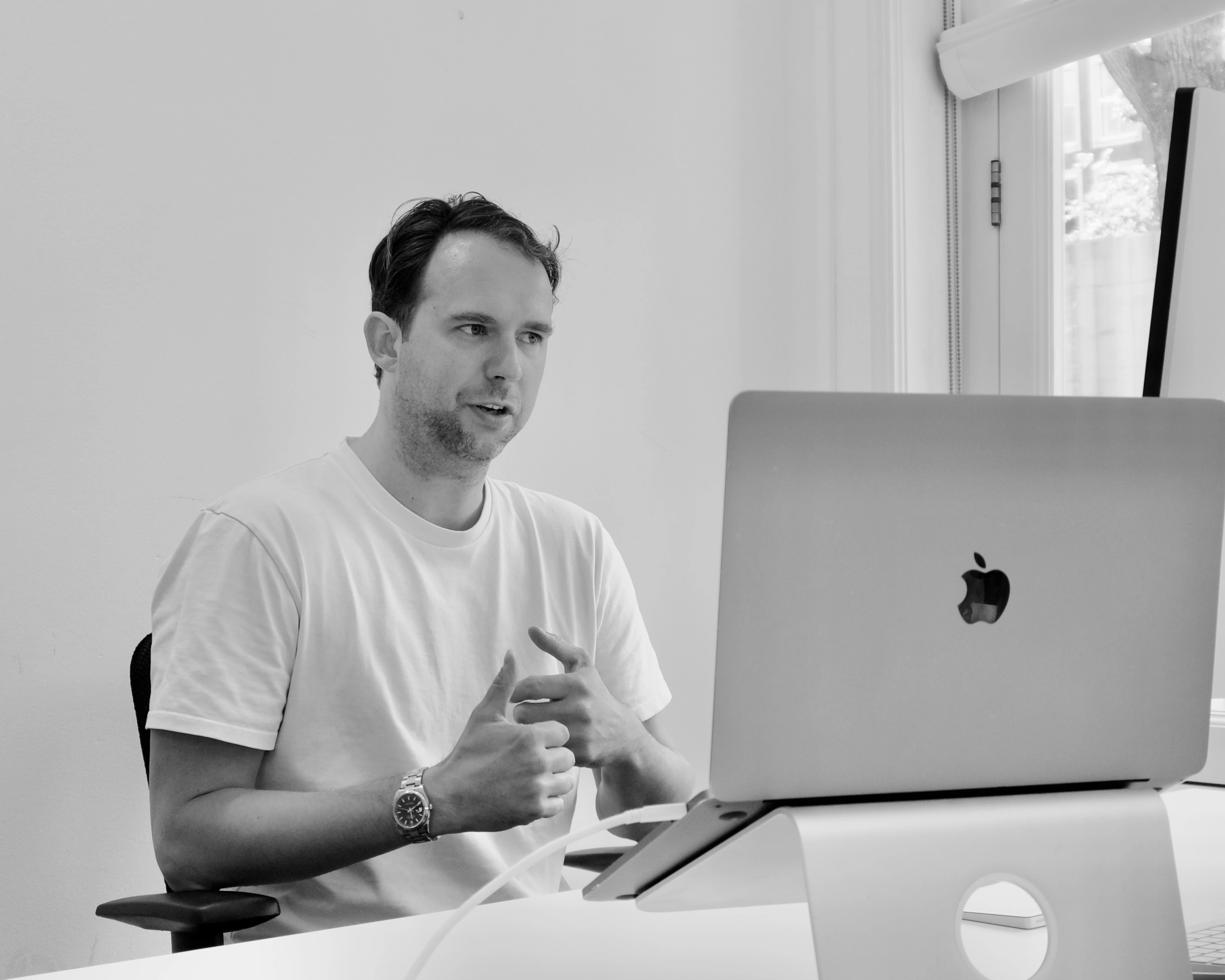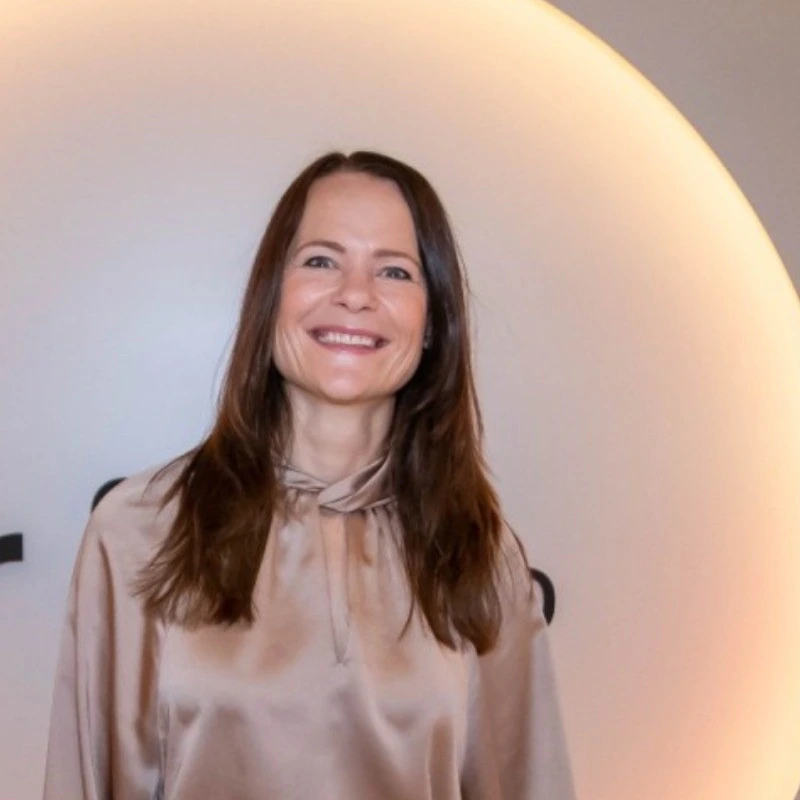Retiring early: how much expenses will I have?
Are you thinking about retiring early? You are not the only one! Many Dutch people are considering retiring before the official retirement age. Whether you plan to travel the world, work as a caregiver, or simply want more free time, it is crucial to know how you can make ends meet financially. At Vive, we want to help you make your financial future clear and worry-free. Read on for practical tips and an overview of things to consider if you stop working early.
Mapping your expenses
Before taking the plunge, it is important to fully understand your current and future expenses. Start with your current expenses and consider what that looks like when you are in early retirement.
Fixed costs: These are the recurring costs that come back every month (or year), regardless of whether you work or not. Make a list of:
- Housing costs: Rent or mortgage. Note the amount you pay monthly for your home. (Take into account whether your mortgage is paid off by that time or not.)
- Subscriptions: Think of telephone, internet, TV, gym, streaming services (Netflix, Spotify, etc.). What are your monthly costs for these?
- Insurances: For example, your health insurance, home insurance, car insurance – all those policies added together per month.
- Gas, water, electricity: Your energy bills and water bill per month.
- Annual expenses: Such as municipal taxes (property tax, waste disposal levy) or, for example, maintenance of your home (reservations for this). Divide these by 12 to get a monthly amount.
Example: Suppose you pay €750 rent, €50 for your phone, €100 for various insurances and €200 for gas/water/electricity per month. Then your fixed costs are now approximately €1,100 per month. If your house is paid off by the time you retire, that €750 would be cancelled – then you know that your fixed costs may be lower later.
Private expenses: These are variable costs that you control and that are part of your lifestyle. Make an overview of:
- Groceries and daily expenses: What do you spend on average per week/month on food, drinks, household items?
- Transport: Costs for car (fuel, maintenance, road tax, MOT) or public transport costs, etc.
- Relaxation and hobbies: Dining out, cinema, sports clubs, hobby materials, gifts, and so on.
- Clothing and personal care: Average spending on clothing, hairdresser, cosmetics.
Example: If you have spent an average of €200 per month on outings, dinners and shopping in the past three months, record €200 as monthly private spending for leisure. Do not automatically multiply such costs by the number of extra days off – you really don't go out for lunch every day – but keep in mind that more free time can lead to slightly higher leisure spending.
Future costs: Think ahead: what extra costs will you incur once you stop working? And which ones might disappear?
- Travel expenses: Are you planning to travel a lot during your retirement? Calculate what that would cost per year and divide by 12 for a monthly indication.
- Health: As you get older, healthcare costs may increase. You may go to physiotherapy more often (not always reimbursed) or have higher personal contributions. Your health insurance premium may also increase with age.
- Children or grandchildren: Perhaps you want to finance the studies of a child or extras for grandchildren (by that time).
- New hobbies: If you plan to take up a new (perhaps expensive) hobby with your free time, map out those costs. For example, photography (camera, lenses) or restoring a classic car (materials).
Example: You expect to have €300 per month in travel expenses because you finally want to make long trips. Add this to your calculation as an extra item.
By listing all these expenses, you get a clear picture of your total monthly expenses during your early retirement. This is the basis for determining what income you need to make ends meet without working.
What are the financial consequences of retiring early?
Retiring early has a few direct financial consequences that you may not feel immediately, but that will have an effect in the long term:
- Less pension accrual: If you stop earlier, you also stop building up a pension through your employer earlier. Your pension pot has to be spread over more years. In concrete terms, this means that the monthly pension benefit you ultimately receive will be lower than if you had continued working until retirement age. Check with your pension fund what the difference would be between continuing to work until 67 or stopping at, say, 63. They can often calculate that.
Example: If you continued working until retirement, you would receive a pension of €2,000 per month. If you stop three years earlier, this could be €1,500 per month, for example, because the pot is less full and has to be spread over extra years. - Full tax rate until state pension age: As long as you do not yet receive a state pension, you pay the regular (higher) income tax rate applicable to workers on your pension income, because you are not yet eligible for the state pension tax credit. Only when you reach the state pension age will you receive a lower income tax rate on your pension.
Example: Suppose the tax rate on your pension income is 37% before you receive your state pension. If you receive €2,000 gross pension per month, you will have ~ €1,260 net left over. Once you reach the state pension age, your rate will drop (e.g. to ~19%), then you might have ~ €1,460 net left over from that €2,000 gross. You have to make up the difference in those first years yourself. - Less mortgage interest relief (possibly): If you stop working, your income will decrease. This may mean that you fall into a lower tax bracket, which reduces the value of your mortgage interest relief. It is also possible that if your income becomes low enough, you will not be able to fully utilize that deduction. Moreover, if your pension income is lower, you may pay less tax, and you only get mortgage interest relief on taxes paid.
Example: During your working life you paid enough tax to get all the mortgage interest relief (say €200 back per month). In early retirement your income decreases and you pay hardly any tax; your mortgage interest relief allowance may drop to €50 per month. That effectively means €150 less cash flow per month.
What can you save on now and in the future?
Good preparation for stopping earlier is not only knowing what you spend, but also critically looking at where you can save – now, and later when you have stopped. Here are some saving tips:
- Checking subscriptions: Are you paying for things you hardly use? Now is the time to review those expenses.
Example: Do you have three streaming services but only really watch Netflix? Consider canceling the others. This saves you €10-€20 per month per service. Every little bit helps and adds up over the years. - Sustainable living: Investments now can save on monthly expenses later. If you work for a few more years, you can use that income to make your home more energy-efficient, so you'll spend less later.
Example: Insulate your home, install solar panels if necessary, replace old appliances with energy-efficient ones. This will reduce your gas/electricity costs. In addition, consciously turn down the heating a degree now and save immediately. - Budgeting: Practice living off the budget you expect to have later. Set yourself a weekly budget for variable expenses and try to stick to it. This way you will notice where the pain points are and you can adjust.
Example: You decide that when you stop working, you want to spend €100 per week on groceries and small outings. Try to manage with €100 per week for a few months now. Is that possible? If not, where do you spend more and where can you cut back later? - Plan major purchases: Think ahead to larger expenses that are coming up. Maybe you'll need another car in 5 years, or you want to take a big trip. If you already know that now, you can save specifically for it or buy it now.
Example: Your car is 12 years old and you expect to have to replace it in a few years. It might be useful to do that now while you have income, so that you don't have to make a large expense from your pension pot later.
What extra costs should you take into account?
In addition to your normal expenses, there are extra costs or investments to consider when planning an early retirement:
- Supplement your own pension accrual: If you stop working earlier and therefore stop your pension accrual, it may be smart to save or invest extra for your pension yourself. This is not really an "expense", but it is an amount that you must set aside now for later.
Example: You decide to deposit an extra €200 into a pension investment account every month from the age of 50 to 63. You will miss this amount now as an expense, but it ensures that you can withdraw, for example, an extra €2,000 annually from your retirement age, so that your early retirement harms the later payment less. - Reserving holiday allowance: Once you retire, you may still receive an annual holiday allowance (depending on your pension fund), but if part of your income comes from your own assets, you must provide for your own holiday budget.
Example: You would like to continue spending €2,400 annually on holidays. This means that you actually have to set aside €200 every month (or have it in your budget) to continue making those trips, even without work-related holiday pay. - Medical expenses and care: As mentioned, your medical expenses may increase as you get older. Think of higher premiums (additional insurance that you take out because you are getting older), or things that are not reimbursed (glasses, hearing aid, dental costs).
Example: Expect that you might be spending an extra €50 per month on health costs by then (on average). Maybe less if you are very healthy, maybe more if you need medication or help. - Price increases (inflation): Don't forget that €1,000 now does not buy the same as €1,000 in 10 or 20 years. Plan a kind of inflation buffer in your budget.
Example: Suppose your monthly expenses now (in current prices) amount to €1,500. If you have 10 years until you want to retire early, and inflation averages 2% per year, then in 10 years you will need approximately €1,828 per month for that same lifestyle. So don't plan too tightly with current prices, but increase your target amount a little each year.
By including these extra items, you prevent overlooking things that could later cause financial setbacks. It's better to plan too much than too little.
Retiring early can be a great step towards more freedom and a more pleasant life – provided you prepare well. Careful financial planning is essential: map out your expenses, see where you can already save or adjust, and build up buffers for unforeseen costs. At Vive, we are happy to help you secure your financial future, so that you can enjoy your well-deserved free time with peace of mind.

maak een afspraak
Klaar voor een moderne oplossing voor pensioen of vermogen? Maak vrijblijvend kennis met Vive en ontdek wat kan - voor jouw organisatie.
Complex pensioen, simpel uitgelegd - weet direct waar je staat
Persoonlijk gesprek voor jouw situatie en die van je werkenemers
In 30 minuten meer duidelijkheid dan uren googlen
Alle ruimte voor vragen aan onze ervaren pensioenexperts









